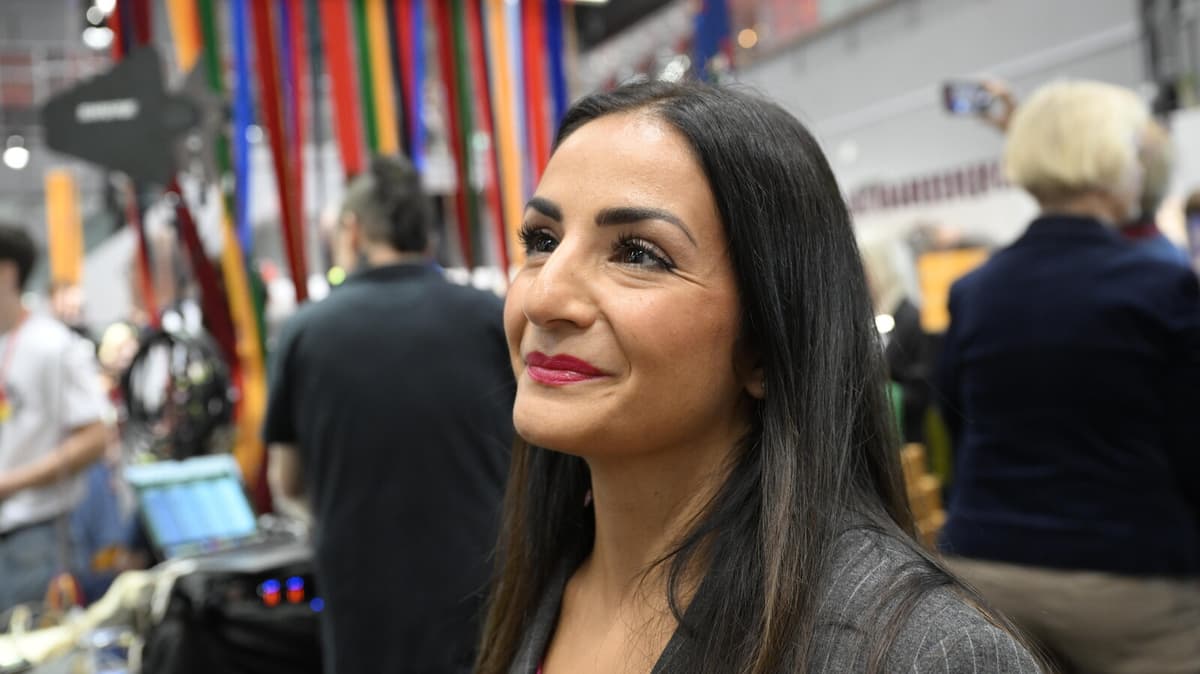More private money for culture is a key issue for the Minister of Culture, who is now receiving the report "Private Cultural Financing. Obstacles, Opportunities, and Consequences" from the Agency for Cultural Analysis. No easy solutions are presented here. The assignment from the Minister of Culture included taking into account cultural policy goals such as the independence of art and broadened participation in cultural life.
If one wants to avoid negative consequences for the cultural policy goals, long-term thinking and different types of measures are needed, says Pelle Amberntsson, investigator and analyst.
Today, households are the largest private financiers of cultural life – they contribute almost as much cultural funding as the state. Cultural sponsorship from companies, among others, seems to be decreasing. Cultural institutions have difficulty fulfilling the requirement of reciprocity corresponding to the given amount, something that sports solve by allocating large space for advertising, which is difficult for museums and theaters.
Companies also receive more incentives from sports than from culture.
More Money
An increased projectification of cultural life and risks of content control are among the concerns with increased private financing. In the interviews with cultural institutions that the investigators conducted, more private money is generally welcomed, the question is just how to achieve it?
What is seen as an obstacle is that one does not have much experience. One also wonders how to have resources and time to work with this and sometimes wonders what to deprioritize instead?
Special cultural brokers as contact facilitators are examples of possible measures – how these should be financed is another question.
If the public sector wants to take the initiative, it will be through public financing. This would then burden the cultural budget, which means that something else may need to be deprioritized. Here, politics needs to weigh different initiatives for cultural life against each other.
Important
Economic incentives such as changed tax rules can also contribute to increased private financing but need, according to the report, to be combined with other measures. The Agency for Cultural Analysis argues for increased knowledge about culture, including a strengthening of aesthetic subjects in school – this would signal that culture is important.
The arena where everyone has the opportunity to meet culture on equal terms is still the education system. But it is, of course, a long-term measure.






